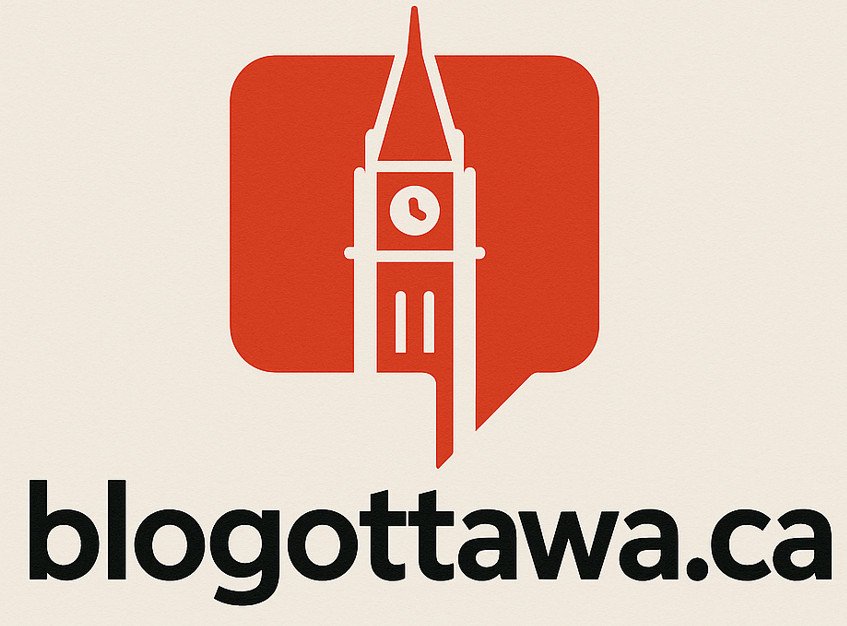People all over Canada are struggling with debt, and Ottawa is no exception. No matter what has gotten you into financial trouble, dealing with tons of bills, and not enough money to pay them, is never fun. In some cases, all it takes is a little hard work and determination to get caught up. In other cases, when there is no end in sight, bankruptcy may be the best route to take to get your life back.
By declaring bankruptcy, you can be legally relieved of many of your debts, without having to give up much in the way of assets. There are cases in which you would have to give up your home or car, depending upon your equity in these items, but that is not always true. In Ottawa, the Bankruptcy and Insolvency Act provides the laws and guidelines. You can meet with a bankruptcy trustee to go over the facts before you take action. A trustee can help you determine your eligibility for a bankruptcy, and then guide you through the process, if you do qualify. After the decision has been made, you will need to sign the proper forms, such as the Assignment and Statement of Affairs, and then these will be filed with the “official receiver.”
There are many steps to follow on your road to financial recovery. Disclosure of all assets and debts, proof of income and expenses, giving up each and every credit card, and attending credit counseling will be necessary parts of your bankruptcy. You may also need to meet with some of your creditors, if they so require. Assets that you may keep include up to $34,000 worth in equity in Ontario. This includes your home and vehicle. If you file personally, even if you are married, your spouse’s assets and credit rating will remain untouched.
You will have to keep the trustee up to date on where you are working, your address, phone number and other contact info throughout the entire process. You must be willing to provide evidence to prove any of the facts of your financial situation that is requested.
Once your bankruptcy is filed, your credit rating will be reduced to “R-9” level, which is the lowest level possible. The whole bankruptcy will be complete within 21 months or less. Sometimes it can be finished in as little as nine months. After bankruptcy, you will have to rebuild your credit from the ground up. It may be difficult for you to obtain a loan or credit card, and when you do, your interest rates will be higher, like those of a person who has never had credit. The bankruptcy will remain on your credit record for at least six or seven years.
If your debts could be managed through some other process, such as debt consolidation, the trustee may suggest that you do that instead. While your credit may be negatively affected, it will not be as severe and long-lasting as a bankruptcy. However, rather than debts being written off completely, you will have to pay them back, or at least a portion of them, but in more manageable amounts.











